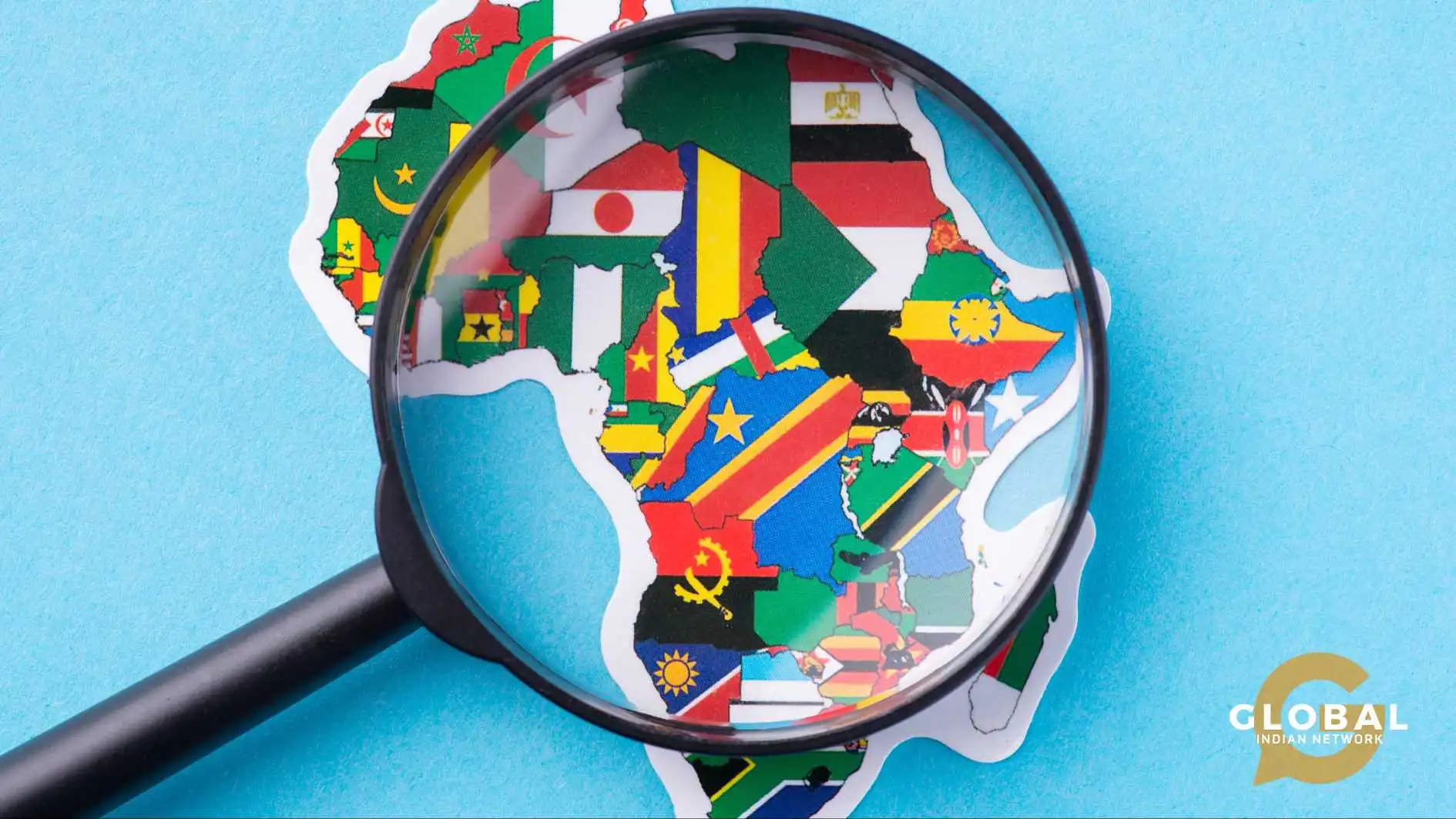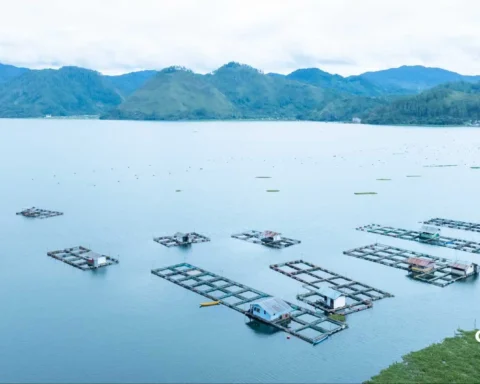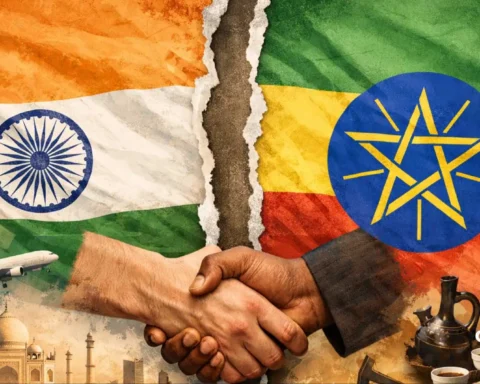Africa is often painted with a broad brush of risk and instability, but in truth, there are pockets of exceptional safety and stability on the continent. When we talk about the safest countries in Africa, we’re referring to those nations where political will and cultural unity converge to produce secure environments for individuals, families, businesses, and diaspora communities. For the global Indian and Brown community, whether you’re considering travel, relocation, business investment, or extended stays, understanding these safe havens is critical.
Table of Contents
What Makes the Safest Countries in Africa Safe
When analysing the safest countries in Africa, two major threads emerge: governance that prioritises public safety and communities that share a strong sense of cultural coherence. According to the Global Peace Index (GPI), safety is measured by factors such as societal safety and security, ongoing conflict, and militarisation.
Nations that score well often have:
- Low levels of violent crime and unrest
- Stable democratic or accountable governance
- Inclusion of multiple ethnicities and religions into a cohesive society
- Clear policies protecting property rights and business operations
When these pieces align, countries tend to rank among the safest countries in Africa and become attractive for the global diaspora movement.
Top Examples of Safest Countries in Africa
The following are some of the best countries:
- Mauritius: Often the most peaceful in Africa by GPI 2025.
- Botswana: Hailed as a traditional democratic nation with good governance.
- Namibia: A magnificent history regarding social protection and reduced discord.
- Ghana: The source of diaspora singleness; perceived by many to be a success story in West African security and stability.
These names always surface when we refer to the safest countries in Africa. Significantly, they are not only tourist-friendly but also becoming very pertinent to diaspora investment, permanent relocation, and international Indian/Brown community involvement.

The Role of Political Will in Safety
Safety is driven by political will. When referring to the safest countries in Africa, it implies:
- Fighting against corruption and strengthening institutions are the priorities of governments.
- A clear rule of law that safeguards both the locals and foreigners.
- Reliable infrastructure and systems (police, judiciary, immigration).
- This is important to the Indian population in the world at large, since most of the diaspora investors or those transferring families would look towards predictable regulations. The safest countries in Africa label has real meaning in nations where such political will is present.
Cultural Unity and Social Cohesion: Why It Matters
The second pillar is cultural cohesion and unity. Those societies with fewer ethnic, religious, and regional differences are the ones that are more stable. It is a characteristic of most of the safest African nations. And why is that important to our audience?
Since the diaspora families tend to carry with them various identities, cross-cultural orientations, and worldly perceptions. When a nation is a home to a local community that comprehends and participates in plurality identities, it becomes a more familiar and sustainable place where global Indian or Brown families can reside. Besides, cultural cohesion implies that the number of internal conflicts reduces, the civil society strengthens, and people become more tolerant; all these aspects contribute to safe living, working, and investing.
What This Means for the Global Indian / Brown Community
For our community in particular, recognising and engaging with the safest countries in Africa has multiple dimensions:
- Travel & Family Visits: When you choose destinations among the safest countries in Africa, you reduce risk for family members, extended stays, and cultural visits.
- Business & Investment: Diaspora capital flows benefit from stable environments. The safest countries in Africa often offer clearer legal frameworks, lower risk, and better connectivity.
- Cultural & Educational Exchange: These safe nations become meaningful nodes for global Indian/Brown networks, whether educational programmes, heritage tourism, or diaspora collaboration.
When we highlight the safest countries in Africa through our content, we are not just speaking about travel or tourism; we are speaking about opportunities, safety, identity, diaspora bridging, and long-term engagement.
Conclusion
The safest countries in Africa are not only a matter of places where there is no danger. It is one of the locations where political will, cultural unity, and governance meet to provide sustainable security and opportunity. To the global Indian and Brown community, these states are not merely places to visit, but it is their potential home, their investment destination, their bridge of cultures, and their futuristic networks.

FAQs
What defines one of the “safest countries in Africa”?
Typically, it is a country with low violent crime, stable governance, little internal conflict, and strong institutions. The Global Peace Index uses 23 indicators to measure this.
Does “safest” mean risk-free?
Not at all. Even in the safest countries in Africa, there are specific risks and seasonal changes. “Safe” is a relative term; it does not guarantee complete safety.
How should diaspora investors use this knowledge of “safest countries in Africa”?
Use it to assess risk versus reward. Look for nations with stable rule of law, inclusive societies, and clear governance frameworks. These factors define the safest countries in Africa.









